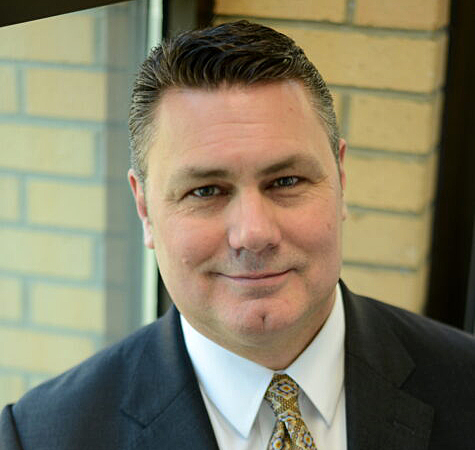Welcome!

Andy Gregson, the Randolph County District Attorney, says a federal program is having a positive effect on county crime statistics.
The success of Project Safe Neighborhoods
ASHEBORO — A federally based program to reduce violent crime is seeing positive results in Randolph County.
Local District Attorney Andy Gregson appeared before the Randolph County Board of Commissioners on March 4 to recognize law enforcement, from federal and state to local agencies, that have cooperated in Project Safe Neighborhoods.
The county became involved in the project in November 2018 and has seen results in controlling violent crime.
The US Attorney’s Office in the Middle District of North Carolina defines the program on its website:
“Project Safe Neighborhoods (PSN) is a results-oriented, collaborative approach to public safety that utilizes law enforcement and community partnerships and data-driven strategic enforcement efforts to focus on criminals who drive violent crime. The goal is to improve the quality of life and safety of all residents of the community by employing a comprehensive strategy to reduce gang-related violent crime and illegal gun possession.”
Gregson told the commissioners, “What a community tolerates, it gets more of. We’ve partnered with the federal government and are saying to violent offenders that we’re not going to tolerate it. That requires cooperation and coordination. This is a remarkable sea change in the way we do business.”
The proof of the project is in the results. Gregson noted that Randolph County went 14 months without a murder. “We want to thank the Sheriff’s Office and all the police officers (around the county),” Gregson said. “It’s working. A government’s No. 1 job is to make sure its citizens are safe.”
Sheriff Greg Seabolt added, “Everybody was skeptical at first but we’ve seen the results.”
Gregson called Project Safe Neighborhoods “a comprehensive way to address violent crime, the type that effects (the public’s) safety and tranquillity. That includes gang style and criminals carrying weapons.
“We identify who the main drivers are and intervene with law enforcement officers,” he said.
The goal is to find out who the repeat offenders are, where they live, where they hang out and who they hang out with. All that information goes into a federal database.
The ones identified as driving crime and are on probation or parole are brought before federal, state and local officials and told that “we’re not going to tolerate” that behavior. They’re offered community resources to help them stop their lawless lifestyle, including help with getting driver’s licenses and finding jobs. Those not on probation who refuse help are prosecuted and sent to prison.
Gregson said federal, state and local officials meet every month to look at criminal cases involving guns to determine who should take the cases to court, whether federal, state or local. There is also training by federal agents on how to handle guns, see where a particular gun may have been used and who the users are, and share that information in the database.
“It’s a new way of doing business — to share who the criminals are,” Gregson said. “And we’re sharing with other PSN counties. Everybody knows who the (criminal) guys are. We prioritize these people who are driving violent crime.”
Partners in the project are local law enforcement, Probation and Parole, the District Attorney’s office, federal prosecutors and federal law enforcement. Gregson said he has a prosecutor assigned to the federal court and that person “gives us a leg up” in the effort.
“We have had some successes,” he said, with a few accepting help in finding legitimate jobs, some even earning promotions. ”Some are just tired of prison and drop off our radar, and that’s OK with us,” he said.
“It all starts with the community not tolerating (violent crime),” Gregson said. “We bring every tool we have to the problem.”
At the core is “knowing who the actors are, getting to know them, watching them. We’re sharing information and that’s been a game changer. I’m proud of the officers letting others look at their cases. They have really embraced this.”
Gregson said that when he was first approached by a federal attorney about Project Safe Neighborhoods, “we were on a bad trajectory. It had been on my mind that there was stuff I’d never seen in Randolph County, and we got to jump on it. Law enforcement had to change our way of doing business.”
Gregson also appeared before the Asheboro City Council on March 7 and plans to meet with the other county municipalities to talk about the success of Project Safe Neighborhoods.
